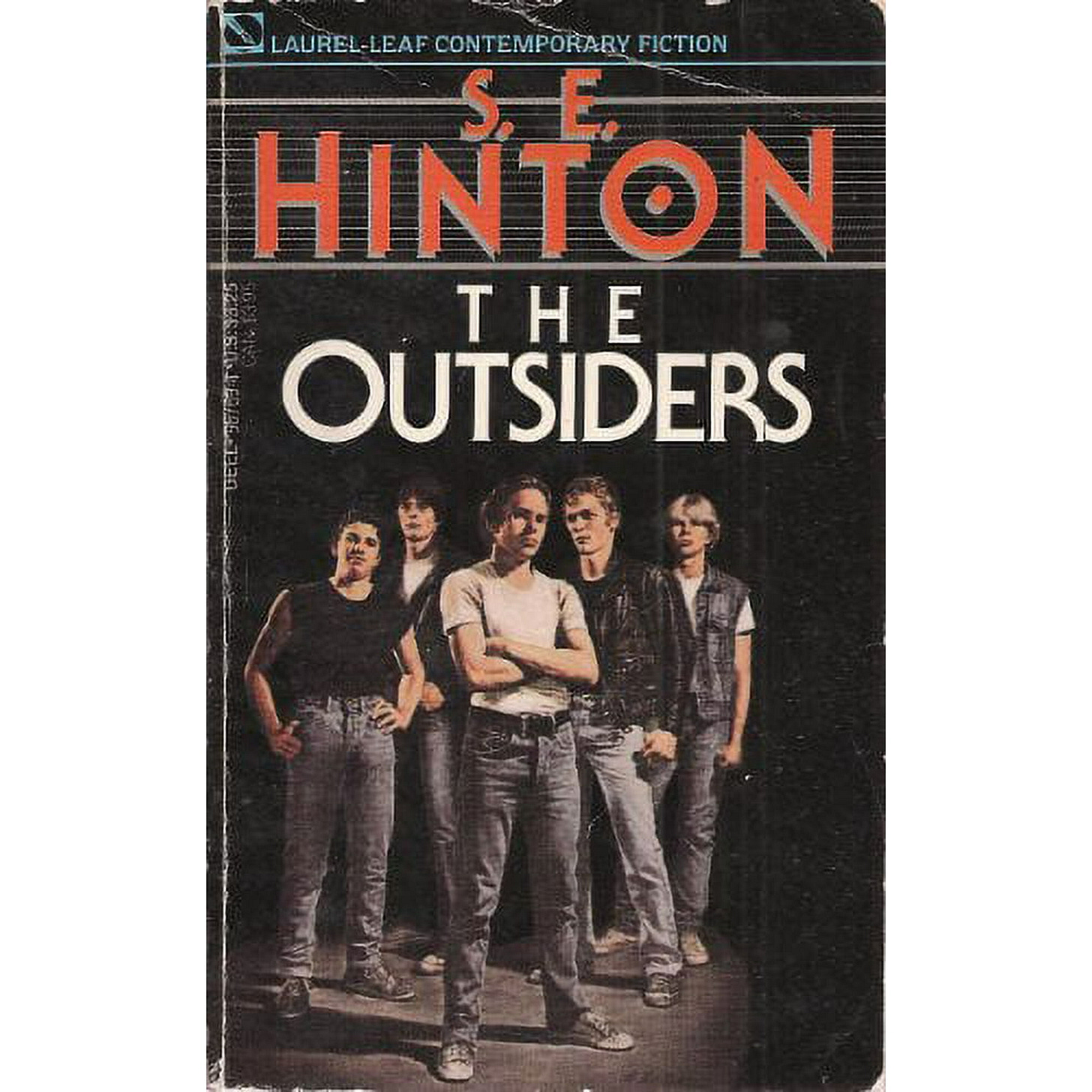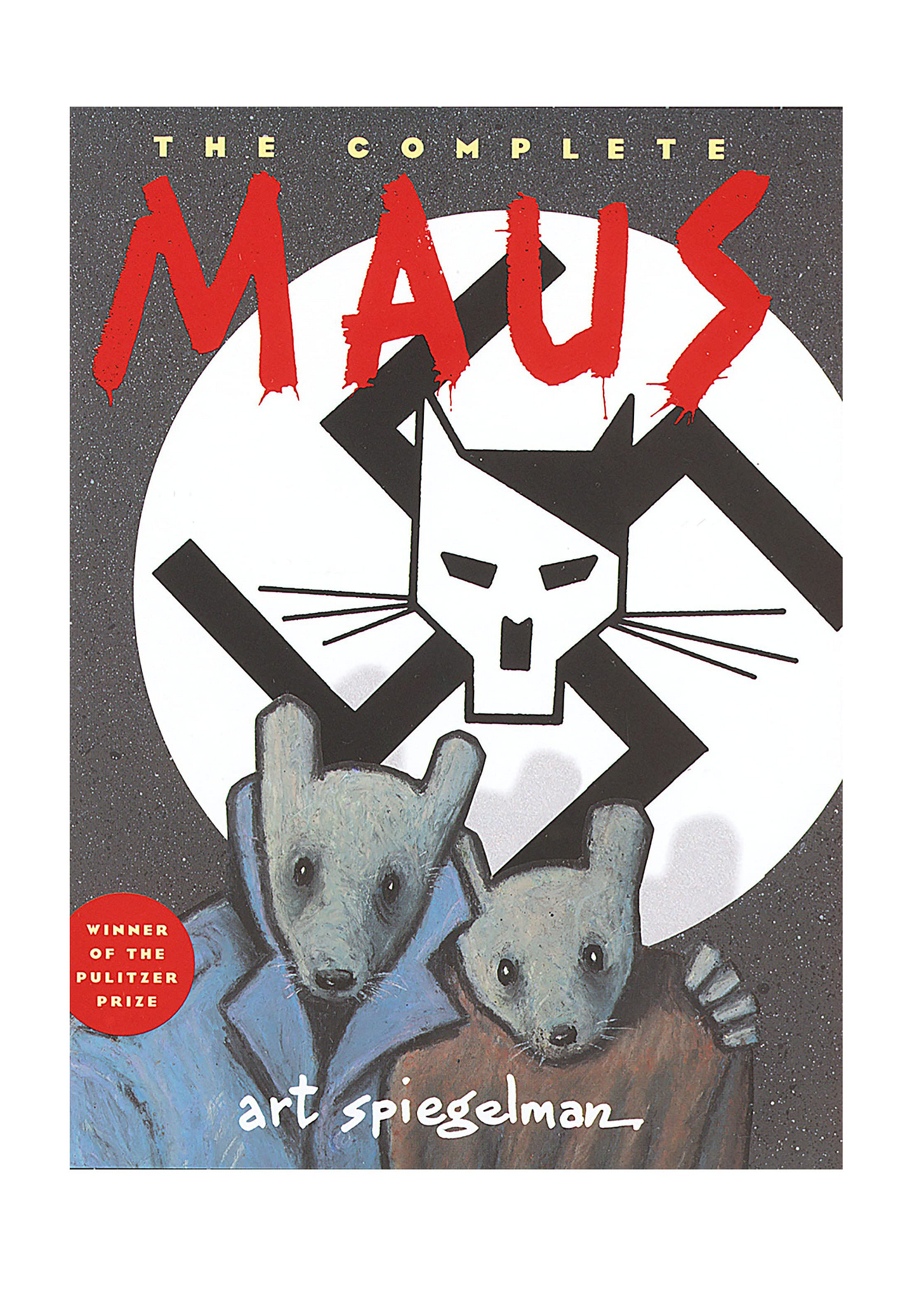What Banned Books Have Taught Me...
...and that big news? It's the Today Show!
Hello hello! It is once again a pleasure to be writing for this wonderful substack community this week. Before we dive in to a love letter on the banned books in my life it’s time to disclose that “big news” I hinted at last week. My memoir, We Heard it When We Were Young was recommended on The Today Show!
Yeah that’s freakin’ Al Roker teeing up the book recommendation. Huge huge shout out to the amazing Xochitl Gonzalez for the continued support and championing of this book and my writing journey. The segment has been the talk of my hometown and all my tias were tuning in across the country! I’m so grateful and appreciative of all the support that this little book continues to get.

At the time of this writing it is currently Banned Books Week wherein special attention is made to highlight the books that have been challenged in schools and libraries across the country. I’ve read many essays and articles this week talking about the dangers of banning books. Especially important are the pieces on how book challenges have risen dramatically in the last few years. (No doubt this is related to the coordinated attacks and scapegoating of LGBTQ communities by conservative groups in recent years.) But I wanted to write from a more personal angle today. In going over books that have been banned or challenged, I kept on seeing books that were really stinkin’ important to my literary journey. Heck I’d say they were just plain ole important to my development as a human being. I kept on doing this thought experiment: what if, as a kid growing up, I didn’t have access to these books that had this huge impact on who I ended up becoming. It can be a chilling thought. So as homage and reflection…let’s take a look on my personal journey with books that have been historically challenged and/or banned in our state.
Let’s be clear here that, like many things, Iowa has a heightened profile when it comes to this national discussion. This gut wrenching NY Times piece by an Iowa superintendent details how they were forced to parse through books for any sexual content in response to the passing of Iowa law SF 496. This is all to say this it all hits close to home…and not a stretch to think that some of the reading experiences I’m going to share wouldn’t have happened if I was coming of age today. What a sad time to be a kid of color who just wants to read about things that can speak to them. Because that was what I was searching for in my junior high and high school days. I’m forever grateful to the teachers and librarians that connected me with these books on this list.
A note: I’m going off both historically challenged books and this wonderful resource from Annie’s Foundation, a group dedicated to fighting Book Bans. That link is a comprehensive list of all book challenges made in the state of Iowa since before I was born. When available there is even quoted text on why the issue was challenge. It is at once a fascinating and infuriating snapshot of Iowan values.
This is in no way a comprehensive list. Unfortunately, I bet I could go on and on regarding important banned books in my life. I’m looking at this as important snapshots. Okay without further ado, here’s some things that I learned from challenged and/or banned books.
The Call of the Wild by Jack London.
We start with both the oldest book on this list and the earliest book with regards to my development. It seems poignant to start with this book as I learned it was one of the books burned in Nazi bonfires in 1933. I remember reading The Call of the Wild in Mr. Austin’s 5th Grade English Class. Something that stuck with me through the decades: Mr. Austin pointed out how Jack London was being very deliberate about what he was focusing his word count on. A human character, who is not important to the plight of the dogs in the story, dies and the prose is terse and unforgiving. While when a fellow dog perishes the writing goes into detail and lingers. It struck me how London wielded this power. That you would show literary importance by how you could focus in or out. It is a lesson that I still carry in my writing to this day.
The Outsiders by SE Hinton.
That challenged book list by Annie’s Foundation states that The Outsiders was challenged in Iowa because it, “Glamorizes smoking and drinking and uses excessive violence and obscenities.” I forget whose class it was we read this book in. I think it was around sixth grade. What I do remember is how much I could relate to the themes and characters of this book. If you’ve read my memoir, you would know that around sixth grade we were definitely already doing some of the things that this challenge was warning about. We were already stupid kids that were fighting, drinking, smoking, and using obscenities. That this book saw us and was trying to actually speak to us/warn us about taking violence to its natural conclusion is lost on the book challengers.
Maus by Art Spiegelman
The big one. For better or worst, Maus in an ever present poster child for banned books the world over. Speaking to the importance of access, I stumbled upon Maus on the shelves of my junior high library. I was no doubt drawn to the cover featuring mice against a stylized swastika adorned with a cat Hitler symbol. What was this book looking back at me? That it was a comic book, like the comics I read in the newspaper, blew me away. Only it wasn’t like those comics, it was this big allegory with a narrative spanning pages. Maus was the first graphic novel I read and it showed me how a story could effectively be told through pictures and words. That it was about the holocaust was not lost on me. I remember feeling like I was reading something important…a warning about humanity.
Generation Sex by Judy Kuriansky
Now I don’t think this specific book is banned. But according to the draconian and all encompassing text of Iowa’s new law, books like it have definitely been pulled off the shelves. I don’t even know how I came across this book, but I’m so thankful I did. Generation Sex is, in essence, a collection of questions from a radio show about sex education. If I were to bet I’m thinking that I grabbed this book from the high school library (as in-stole it because I was too embarrassed to check it out proper.) Regardless, I remember stuffing the book in my locker because I thought it was funny. My thought was that I’d prop it up in my locker to get a chuckle out of my friends. But then I did that thing that kids do…I got curious. And I started to read. First in jest then because it was seriously illuminating so many things about myself. There were stories about gender, questions about safe sex, ruminations on whether things were “normal” or not. I can’t tell you how affirming this book was. Point blank how much it taught me about my sexual feelings and identity. The author does a great job of being empathetic to readers like myself. I still have my copy of Generation Sex. I’ve kept it as a lesson on being open to the books that I first dismissed, or that I kept around because I was too scared to admit that I needed them.
The Adventures of Huckleberry Finn AND A Lesson Before Dying
Another banned book heavy hitter, The Adventures of Huckleberry Finn needs no introduction, but the book that I’ve grouped it with might. A Lesson Before Dying is a book by Ernest J. Gaines and seriously monumental in my literary journey. I think it might be one of the most important books I’ve read when it comes to understanding myself. Here’s why I’ve grouped them together. In High School my English teacher Ms. Cromer had a problem. It was me, I was the problem. You see I was taking all of her Lit classes. Then when I finished her classes I was re-taking her classes. This was in stark contrast to the pre-algebra classes I was flunking. I wasn’t re-taking Ms. Cromer’s classes because I had to. I just really, really, liked literature and her take on things. So when it came to re-take the class where a huge part of the unit was reading Huckleberry Finn she had to call an audible. And that audible was a Lesson Before Dying. So while everyone else read Huckleberry Finn, I read Huck Finn and “A Lesson…” by myself. For those that don’t know…the book is about a black man who is, essentially, on death row. Another man, a school teacher, is tasked with teaching the inmate. But the ‘twist’ being that the school teacher is also a black man and the lessons start to become this exploration of being human. The teacher struggles with his own internal biases of what it means to be a man in the face of someone he internally feels is lesser. It is this big complicated book about internalized feelings of power within characters of color written by a person of color. And it was the perfect book for me to read against Huck Finn, a notorious book about race written by a white man, a seminal author supportive of the cause, but a white man nonetheless. It struck me how the themes of A Lesson Before Dying were un-earthing things in myself I couldn’t quite articulate. Things I hadn’t quite said out loud but definitely thought about. And things that I suspect, my Lit teacher knew I was struggling with. Going into this post, I knew Huckleberry Finn was often challenged but had a little shock when I saw “A Lesson…” on this banned book list as well.
This brings me to the real point behind this list and the conversations surrounding banned books. When I think of Banned Books I think of this incredibly empathetic and important lesson that Ms. Cromer gently laid before me. I think of Virginia Miehe, our schools Librarian, who worked on getting access to books and always had a keen recommendation at the ready for us. These books were meant to challenge us, not the other way around. Our teachers knew that and were freaking good at finding the books that could speak to us as kids who were still finding themselves. It pains me to think about how, in current times, these educators could be working with their hands tied behind their backs. How they would be thwarted from connecting with their students by political machinations and plain ole pearl clutching. If I was a praying man, a mantra I would have would look like this; May we listen to the teachers and let them do their jobs…for they shall show us the way.
-C







